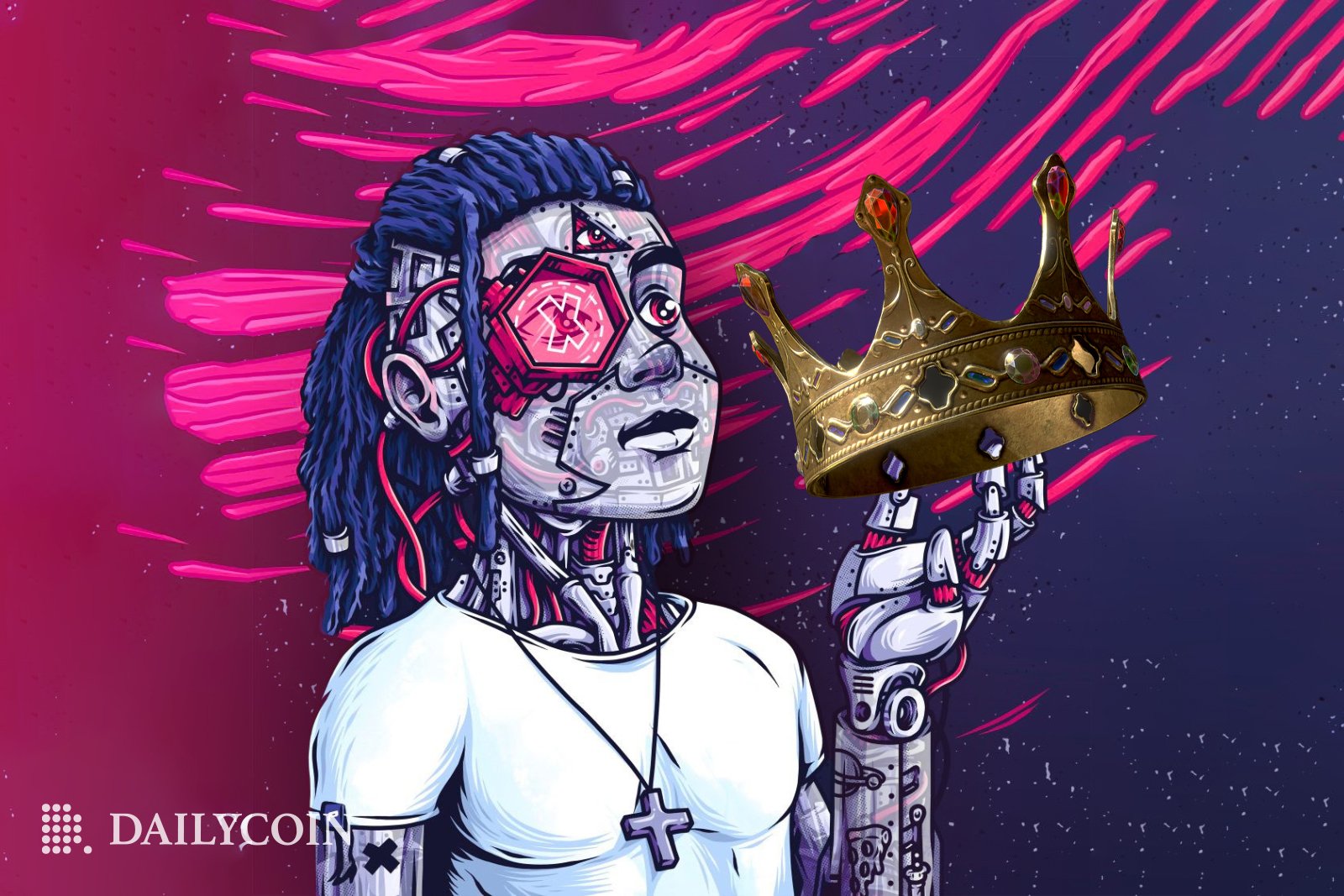
- Open Creator Protocol will allow artists to block marketplaces that don’t respect royalties
- Magic Eden’s competitor OpenSea recently released a similar tool
Magic Eden, a Solana-based NFT marketplace, is pushing to help digital artists reap the rewards of their work. The platform launched a tool to help NFT creators enforce royalties on their art.
"We’re excited to launch Open Creator Protocol, an open source, free, feature-rich tool built on Solana's managed-token standard in the SPL library, for creators to protect royalties on new collections," Magic Eden wrote.
The Open Creator Protocol will allow creators to manage marketplaces based on how they treat royalties.
"If marketplaces do not respect royalties, creators will have the option to ban them from trading," Magic Eden explained.
The announcement comes after OpenSea, the largest NFT platform, launched a similar tool in November. OpenSea stated that it would start enforcing NFT royalties set by the creators. Before that decision, OpenSea allowed users to voluntarily decide whether to pay royalties to creators.
Sponsored
"It’s clear that many creators want the ability to enforce fees on-chain; and fundamentally, we believe that the choice should be theirs to make – it shouldn’t be a decision made for them by marketplaces," Devin Finzer, CEO of OpenSea wrote.
The move by OpenSea comes after a noticeable drop in the percentage of users who pay opt-in royalties to creators. According to on-chain data, only 18% of traders pay royalties to artists when they are given a choice to do so.
Solana is Struggling After the FTX Collapse
During last year’s NFT boom, Solana became one of the most popular blockchains for digital art. The platform has seen an influx of digital artworks and tokenized collectibles due to its scalability and low fees.
However, the collapse of NFT prices, as well as the FTX collapse, has put Solana in dire straits. With the NFT market trending lower, interest in Solana was waning. However, the real blow to Solana was the FTX collapse, causing a 60% drop in its token within weeks.
Sponsored
FTX was one of the major investors behind Solana, and the exchange used Solana’s blockchain to power some of its infrastructures. Moreover, since the FTX collapse, many of Solana’s validators went offline, suggesting that FTX ran many of its validators as well.
On the Flipside
- The lack of on-chain solutions for NFT royalties demonstrated a striking centralization in the NFT space, which is only now being addressed.
Why You Should Care
Royalties will help artists and developers build more value and functionality into NFT projects and potentially support a decentralized creative ecosystem.
Read about Solana’s crash following FTX’s bankruptcy:
Solana (SOL) Open Interest Surge Correlates with Weak Funding Rate Amid FTX Crisis
Learn more about creating your own NFT collection:
How to Create and Sell NFTs: A Step-by-Step Guide for Beginners
